
Anyone who’s ever had a job knows how hard it is to stay productive. But even harder than staying productive? Getting started in the first place. That moment when you know exactly what you should be doing, but instead you scroll, snack, or spiral instead. It’s not just laziness. It’s something deeper. But the good news? You can beat it.
Here are 15 tips you need to know to help you get started on fighting procrastination for good.
1. Know Your Whys

First of all, why are you doing this job? Do you need the money? Do you have a desire to build a career you can be proud of? Are you doing it to support someone? To prove something to yourself? To finally get out of the rut you’ve been stuck in? Get painfully honest. If your only answer is “because I have to,” that’s not going to carry you very far. Dig deeper. Your why doesn’t need to be profound, but it does need to be real.
2. Set Goals

The second thing you need to identify are your goals. To be successful, your goals need to be SMART–specific, measurable, achievable, relevant, and time-bound. “Get better at work” isn’t a goal. “Finish three reports by Friday” is. The clearer your goals, the easier it is to aim. You don’t need a hundred. Just a few, well-defined ones that actually keep you focused.
3. Address Root Causes
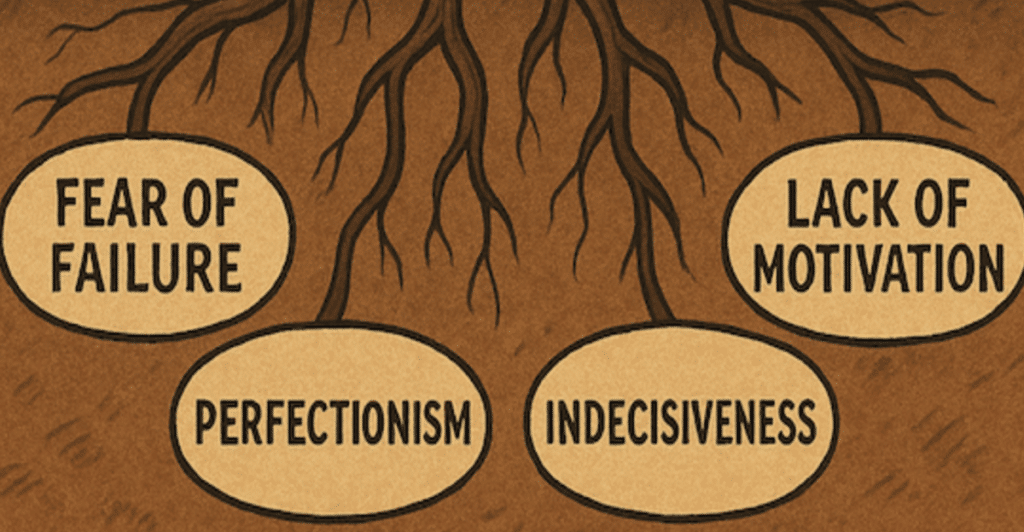
If you don’t address the root causes of your procrastination and laziness, every other thing you do will always be a short-term, bandaid solution. Why are you having a hard time starting? Is it fear? Is it burnout? Is it because you genuinely hate the work? Be honest with yourself. Self-awareness is the first real step toward change. You can’t fix what you refuse to name.
4. Know Your Fears

Many people suffer from various fears: Fear of failure, fear of judgment, fear of success even. And if you don’t take the time to name what’s scaring you, that fear just sits in the background, quietly sabotaging your every attempt to start. You don’t need to fight your fear head-on. You just need to acknowledge it, and then move anyway. Fear doesn’t have to disappear for you to begin. It just needs to stop being the one driving the car.
5. Seek Clarity

Another thing you can do to say goodbye to procrastination is to seek clarity on what you’re doing–not just on your side, but also from whoever’s giving you the task. Vagueness is procrastination’s best friend. If you’re unclear about what’s expected of you, of course you’re going to put it off. Ask questions. Get the specifics. The moment things feel more defined, starting feels less intimidating.
6. Say No to Perfectionism
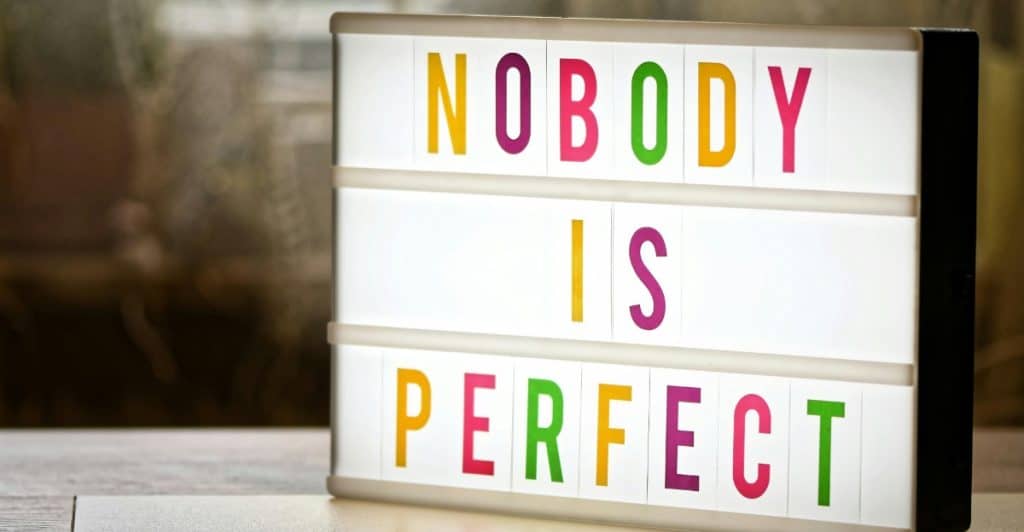
So many people refuse to start until all the conditions are absolutely ideal and perfect. Here’s the problem: Those conditions rarely ever show up. You’ll wait forever. Progress beats perfection, every single time. Let your work be messy at first; you can even leave it unfinished. Just let it be started. Starting imperfect still counts.
7. Find Pockets of Inspiration
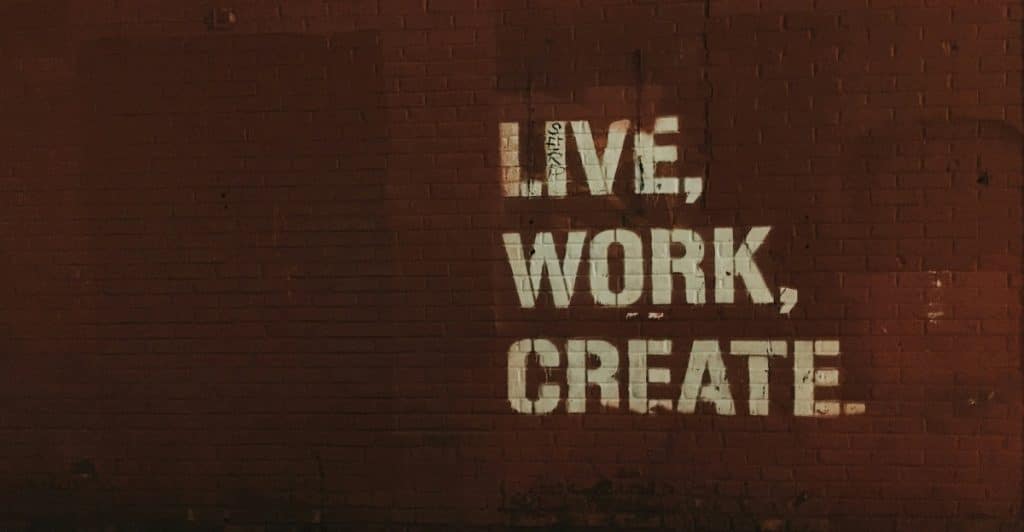
Whenever you find yourself inspired, use that as a springboard to get started. Don’t wait. Open your laptop. Make a voice note. Jot it down. Take even one small action while you’re still in that zone. You don’t need to be inspired all the time–you just need to capture those flashes and ride the wave before it fades.
8. Use Tiny Sprouts of Motivation
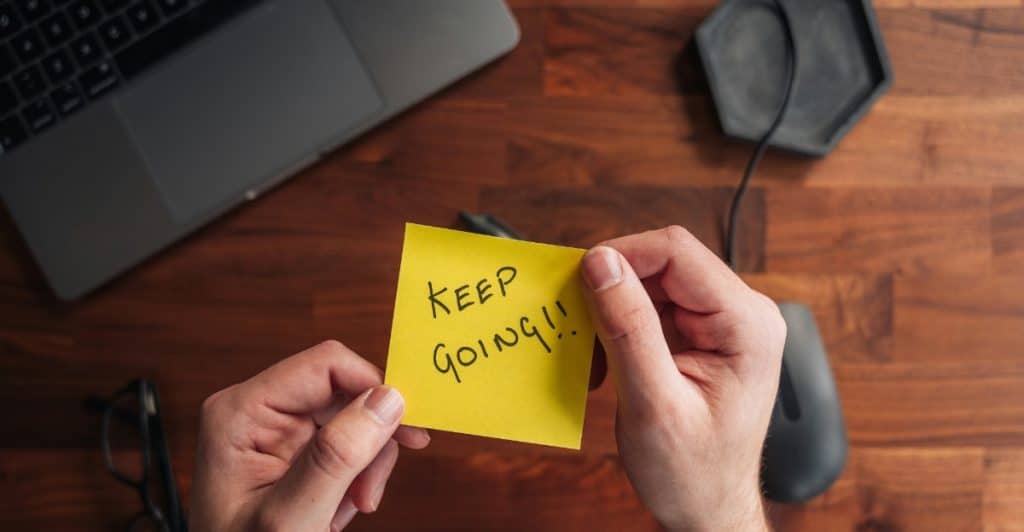
If you also feel small moments of motivation throughout the day, use that, too. You don’t need a tidal wave of energy to start. Sometimes just enough motivation to open a file or send a message is all it takes. These tiny pushes compound over time. One minute becomes ten, and then ten becomes thirty. Suddenly, you find yourself in a flow and you can’t stop.
9. Use Pomodoro Technique
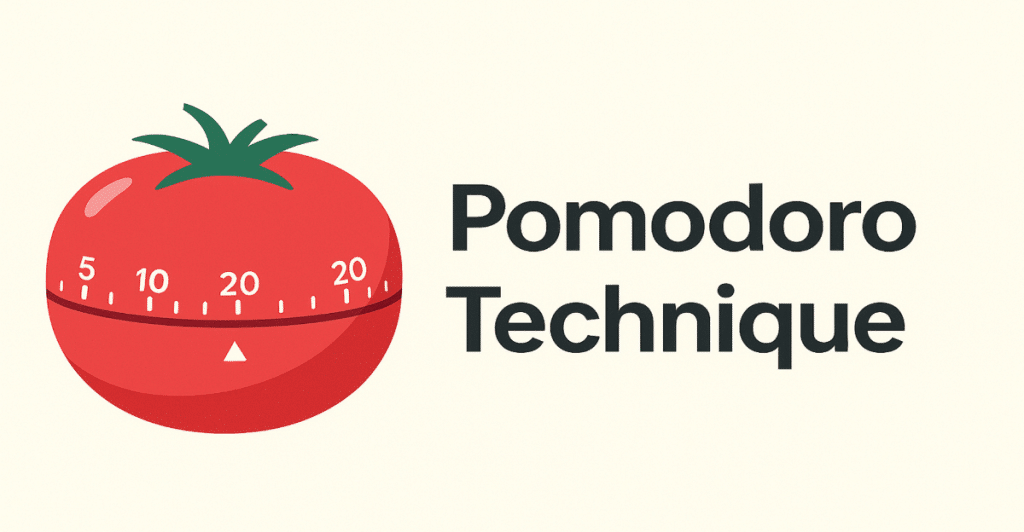
Named after the Pomodoro kitchen timer that looks like a tomato, this technique is one of the most effective ways to get started when your brain feels foggy. Set a timer for 25 minutes and work on just one thing. Then take a five-minute break. That’s it. Then another 25 minutes worth of focus time, and then another five-minute break. No pressure to work all day–just a promise to try for a few focused minutes. You’d be shocked how much you can get done with that little structure.
10. Break Down Large Tasks

Some tasks feel so gargantuan that your brain shuts down before you even begin. That’s when you need to break them down into micro-steps. Not “write report,” but “open blank doc,” “write intro,” “insert stats.” Shrinking the task helps your brain say, “Oh, I can handle this.” And once you start, momentum kicks in.
11. Prioritize Tasks
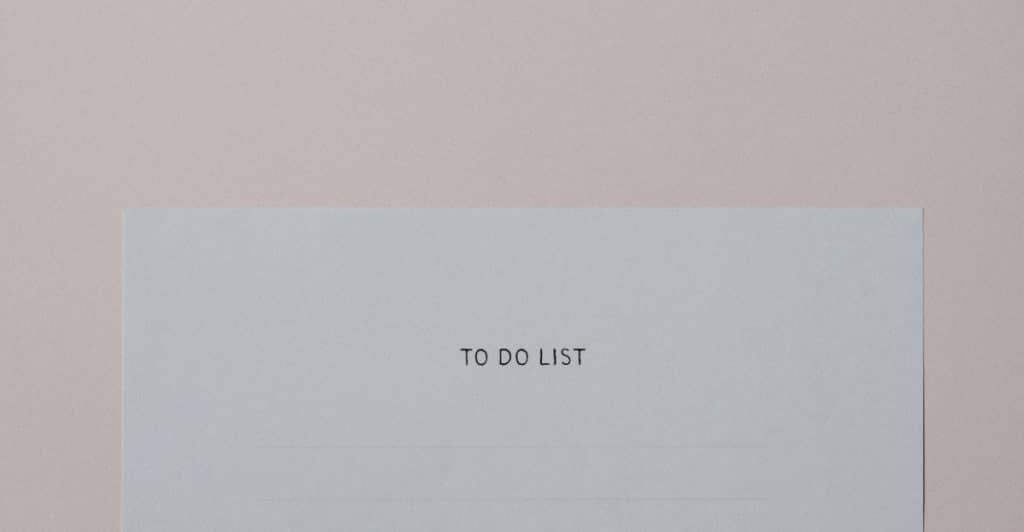
Another thing you can do to fight procrastination is to stop treating every task like it’s equally important. It’s not. Figure out which ones move the needle. Which ones are time-sensitive? Which ones have consequences if ignored? Then focus on those. Everything else can wait. When you know what matters most, it’s easier to begin.
12. Create a Daily Schedule
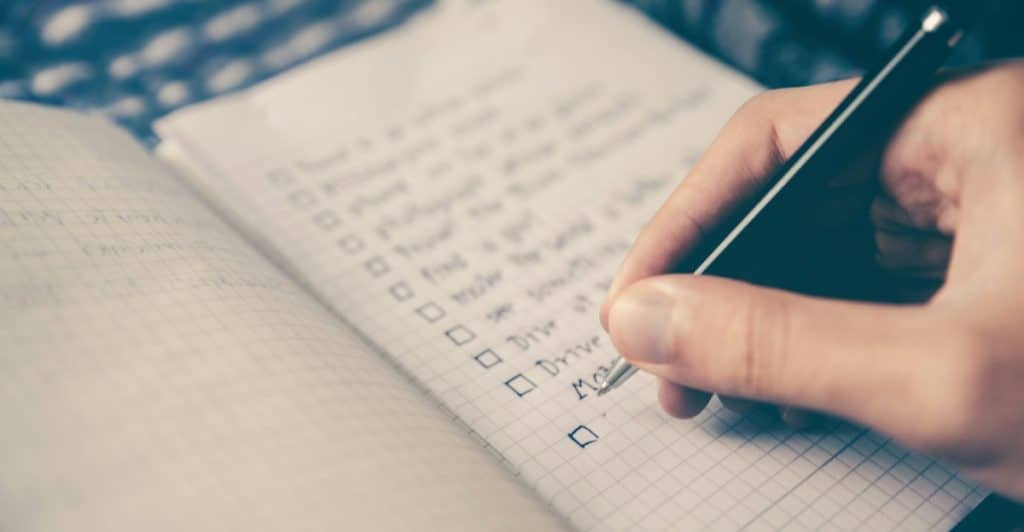
If you don’t have a daily schedule yet, now is the time to start. Even if your tasks differ from day to day, having a rough plan helps your brain shift from chaos to clarity. Block out time for work, breaks, and even the fun stuff. It’s not about control–it’s about giving your day a shape and a structure, so you’re not always reacting to it, but you feel like you do have some semblance of control over how your day goes.
13. Strive to Start Early

Bad news, night owls: Studies show that people tend to have more willpower and focus earlier in the day. You don’t need to become a 5 AM club member, but starting your big tasks earlier does give you a psychological edge. There’s less decision fatigue, fewer distractions, and a better chance of finishing strong. And the best part? You have more free time later in the day when you finish early.
14. Improve Sleep Hygiene

So many people procrastinate because they’re always lacking sleep and operating on fumes. You can’t be productive when your brain is begging for rest. Fix your sleep habits. Shut off the screens. Create a calming bedtime routine. Do skincare to signal your body that it’s time for bed. When you’re well-rested, the resistance to starting work early shrinks dramatically.
15. Eliminate Distractions
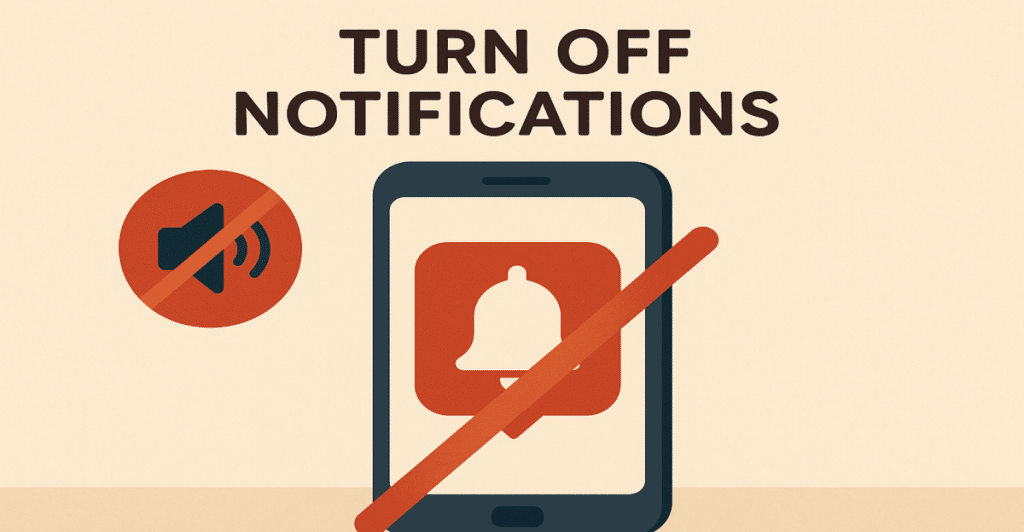
One of the best things you can do for your productivity is to eliminate all distractions from your workspace. That includes your phone, tabs you don’t need, and even your own thoughts if they’re spiraling. You don’t need a perfect environment–just a focused one. Turn off the noise, and watch how much easier starting becomes.
16. Reward Yourself
And last but perhaps one of the most important strategies in your arsenal, reward yourself. Yes, adults need rewards too. After a tough task, give yourself something to look forward to–your favorite drink, a walk outside, a YouTube break. Brains love positive reinforcement. When your brain learns that work leads to dopamine, it’s more likely to repeat the behavior.






Ask Me Anything